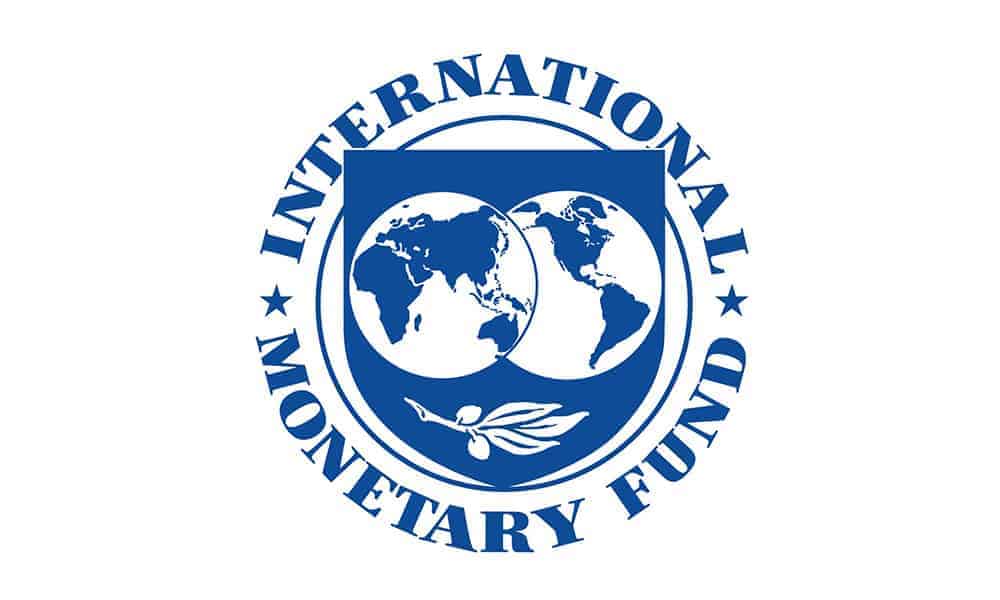The International Monetary Fund (IMF) granted 725 million dollars to Costa Rica on Monday to fight global warming, making it the first country to obtain this type of financing, the organization said in a statement.
The board gave its approval for Costa Rica to benefit from the Resilience and Sustainability Facility (SRS), launched this year to support poor or vulnerable countries in the face of long-term difficulties caused by climate change.
Quoted in the release, Deputy Managing Director and Acting Chairman of the Board Kenji Okamura expressed satisfaction that Costa Rica will become the first user of the SRS, “which demonstrates the country’s commitment to addressing climate change and pursuing green growth.”
The country’s request for access “is based on a strong reform program and will support ongoing efforts to catalyze additional financing from official and private partners,” he added.
On the other hand, the IMF concluded on Monday the third review of Costa Rica’s financial agreement with the Fund for a total of 1,778 million.
The board estimates that the country meets the conditions for an immediate US$270 million, bringing total disbursements under the agreement to approximately US$810 million.
“The Costa Rican authorities are taking important steps to strengthen their economic reform program,” says the IMF, which urges the country to continue monetary policy, strengthen social protection, and promote a more equitable economy.
The Central Bank of Costa Rica “has responded proactively to the shocks facing the economy” and “is taking appropriate measures to strengthen its reserve position and deepen the foreign exchange market,” Okamura said.
According to him, the authorities of the country, whose economy will grow around 4.3% this year, “have adequately provided targeted support to alleviate the impact of inflation on the most vulnerable”.
The interim chairman of the board calls on the government to push forward the reforms planned to strengthen social protection, in addition to measures to encourage formal employment, improve the quality of education and the labor participation of women.
Article by AFP






